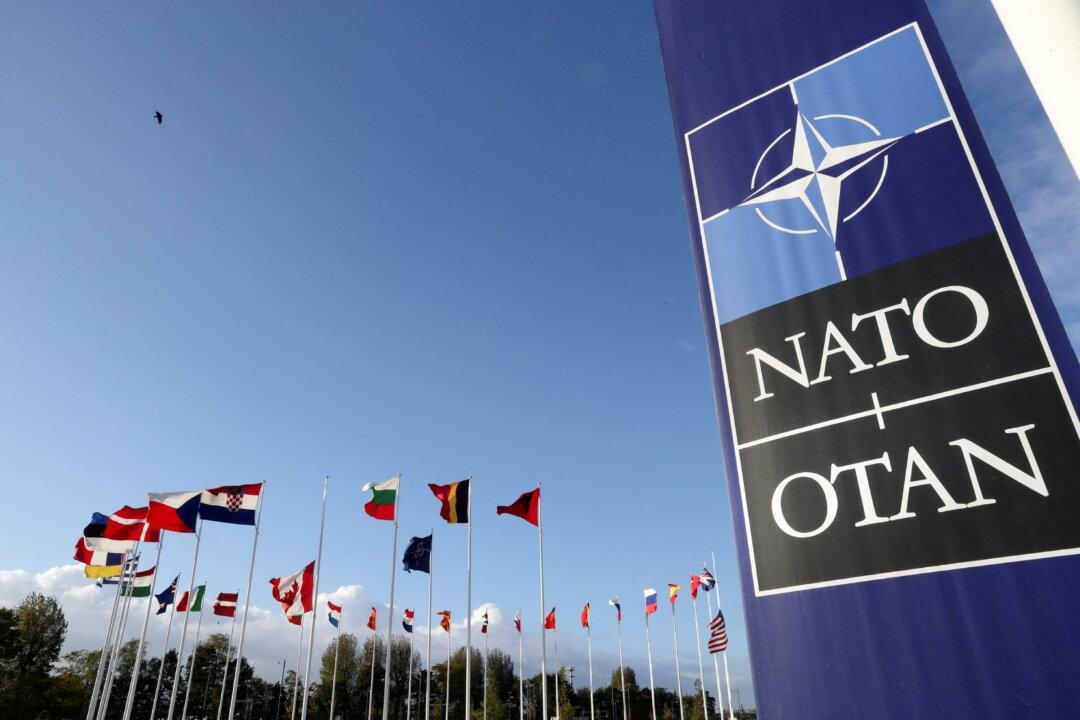Commentary
The world is facing a strategically difficult period, inflation has become rampant, leading to potential civil strife, political systems are being questioned due to their inability to effectively meet the needs of the populace, and both active and imminent regional conflicts are engulfing the world amidst a new “third age” following the worldwide pandemic.


